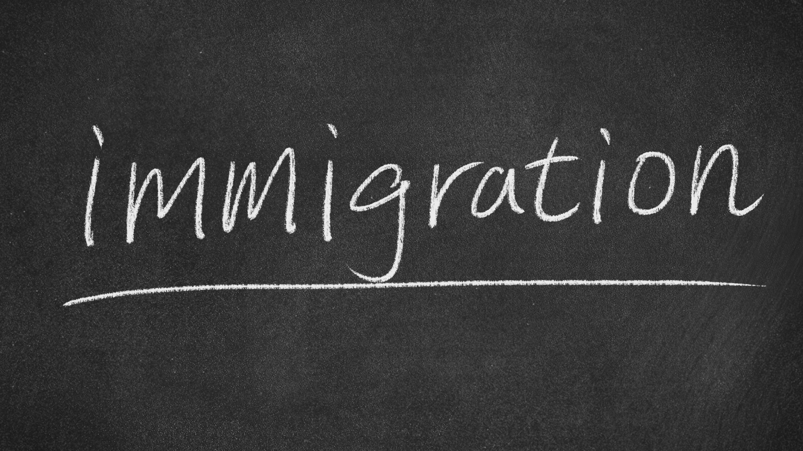 Immigration policy has led to endless political debate.
Immigration policy has led to endless political debate.
- What to do with the millions of “illegal” immigrants who “snuck” in, blended into the population, and are hiding in plain sight.
- How to humanely secure the border and minimize the constant flow of vulnerable people seeking asylum.
- How to define and identify “refugees”.
- How to handle the so called “dreamers” who were innocent of any crime but brought here as children by parents desperate to save their lives.
- How does a country founded by and populated with immigrants craft a humane policy for those who are following them to safety?
Social Workers Struggle
Immigrant and refugee rights have been an issue of critical importance to social workers in the United States from the very beginning. Social work pioneers Jane Addams and Ellen Gates Starr, who opened Hull House in 1889, developed their expertise working in settlement houses for immigrants who had recently arrived in large numbers to work in America. Charitable organizations quickly took up their mission to facilitate the wellbeing and integration of migrants, and social work was born as a profession.
- The National Association of Social Workers (NASW) formally recognizes that immigrants and refugees face unique challenges due to immigration policies.
- The legal and social status of migrants have a dramatic impact on social service provisions in the United States. Often, social workers’ capacity to assist clients is constrained by immigration policies, especially policies that limit family visitation and family reunification.
- Immigration policies intervene in social work practice when family offenses become grounds for deportation and compromise the social worker’s duty to help immigrant families with the equally pressing duty to report them to immigration authorities.
- Social workers are particularly constrained when serving “mixed status” families in which members include combinations of citizens and non-citizens. For many immigrants, refugees, and children of migrants, reporting issues such as employer exploitation, domestic violence, and child abuse to law enforcement agencies become potentially deportable offenses rather than opportunities to seek justice and healing.
Class Warfare
The NASW maintains that “studies show a positive economic effect” of immigrant and refugee presence in the United States, as they contribute to the economy by paying taxes, investing in small businesses, and reinvigorating the labor supply of the rapidly aging U.S. native-born population. Yet the NASW adds the qualifier that some scholars have cautioned that “high rates of immigration may harm low-income Americans”. This erroneous belief engenders “class warfare”. Social work policy makers point out that both sides of the acrimonious immigration debate agree on most of the political issues.
- Both sides agree that we must better control our borders.
- Both sides agree that all immigrants here illegally must come out of the closet and get on the proper path to legal visitation status and perhaps permanent citizenship.
- Both sides agree that there must be some reasonable limitations on the amount of immigration our country can support.
- Both sides agree that needy employers and feeling social workers should never work against the proper role of law enforcement.
However, the “class warfare” cited above keeps them on opposite sides of the political debate.
Haves vs. Have-nots
Since the dawn of civilization, humanity has been divided into the “haves” and “have-nots”.
- The haves believe in the scarcity theory that dictates there is simply not enough to go around. They believe that they have earned their relative abundance and the “have nots” must earn theirs, not simply be given it. The haves are willing to fight to keep what they believe is rightfully theirs. No one will ever change their mind.
- Have-nots theorize that there is enough to go and that all human beings are entitled (human rights) to their fair share. Humanity simply needs to learn how to distribute assets better. No one will ever change their mind.
- The United States is a have nation overwhelmed on our southern border by multiple have-not nations.
Balance
The NASW reminds us that there cannot rightly be a conflict between American civil rights and human rights and calls for a “balance between security and human rights” within current immigrant and refugee policies. The NASW maintains that such a balance must be considered in policies that define admission criteria into the U.S. for migrants, delineate deportable offenses, and establish grounds for detention and surveillance.

